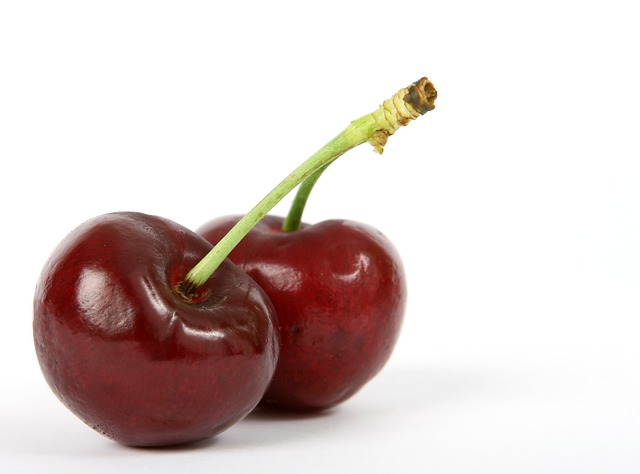Gut Check: Harnessing the Potential of Probiotics for Digestive Health
In recent years, there has been a growing interest in the role of probiotics for digestive health. Probiotics are live bacteria and yeasts that are beneficial for our health, particularly our digestive system. They are commonly found in fermented foods and dietary supplements.
The Gut Microbiota
Our digestive tract is home to trillions of microorganisms, collectively known as the gut microbiota. These microorganisms play a crucial role in maintaining our overall health, with a significant impact on digestion, nutrient absorption, and immune function.
However, various factors such as poor diet, stress, antibiotics, and illness can disrupt the balance of the gut microbiota, leading to digestive problems and other health issues. This is where probiotics come into the picture.
The Power of Probiotics
Probiotics work by introducing beneficial bacteria into our gut microbiota, helping to restore balance and improve overall digestive health. They can help alleviate various digestive issues, including bloating, constipation, diarrhea, and irritable bowel syndrome (IBS).
Furthermore, probiotics have been shown to support the immune system, reduce inflammation, and even positively influence mental health. While the research is still ongoing, studies suggest that probiotics may have potential benefits beyond digestive health.
Common Sources of Probiotics
Probiotics can be obtained from various food sources and dietary supplements. Here are some examples:
- Yogurt: Yogurt is one of the most well-known sources of probiotics. Look for yogurt with live and active cultures for maximum benefits.
- Kefir: Similar to yogurt, kefir is a fermented milk drink packed with probiotics. It has a tangy taste and can be consumed on its own or used in smoothies.
- Sauerkraut: Sauerkraut is fermented cabbage and a good source of probiotics. It is often used as a topping or side dish.
- Kombucha: Kombucha is a fermented tea that contains probiotics. It is available in various flavors and can be a refreshing alternative to sugary drinks.
- Kimchi: Kimchi is a traditional Korean dish made from fermented vegetables. It is packed with probiotics and adds a spicy kick to meals.
Choosing the Right Probiotic
When considering probiotic supplements, it is essential to choose the right one for your needs. Here are a few factors to consider:
Strain Diversity: Look for a product that contains various strains of bacteria, as different strains offer different benefits. A diverse mix may have a more significant impact on gut health.
CFU Count: CFU stands for colony-forming units and represents the number of viable bacteria in each serving. Higher CFU counts are generally more effective, but it is important to find a balance based on your requirements.
Quality and Reputation: Choose a reputable brand with a track record of producing high-quality supplements. Look for third-party testing and certifications to ensure the product’s safety and efficacy.
Introducing Probiotics into Your Routine
If you’re considering adding probiotics to your daily routine, it is recommended to start slowly and gradually increase the dosage. Some people may experience mild digestive discomfort initially as their body adjusts to the introduction of new bacteria.
It is also important to note that while probiotics can be beneficial, they are not a cure-all solution. Maintaining a healthy lifestyle, including a balanced diet and regular exercise, is essential for overall digestive health.
Conclusion
Probiotics have gained significant attention for their potential to improve digestive health and overall well-being. By replenishing and







